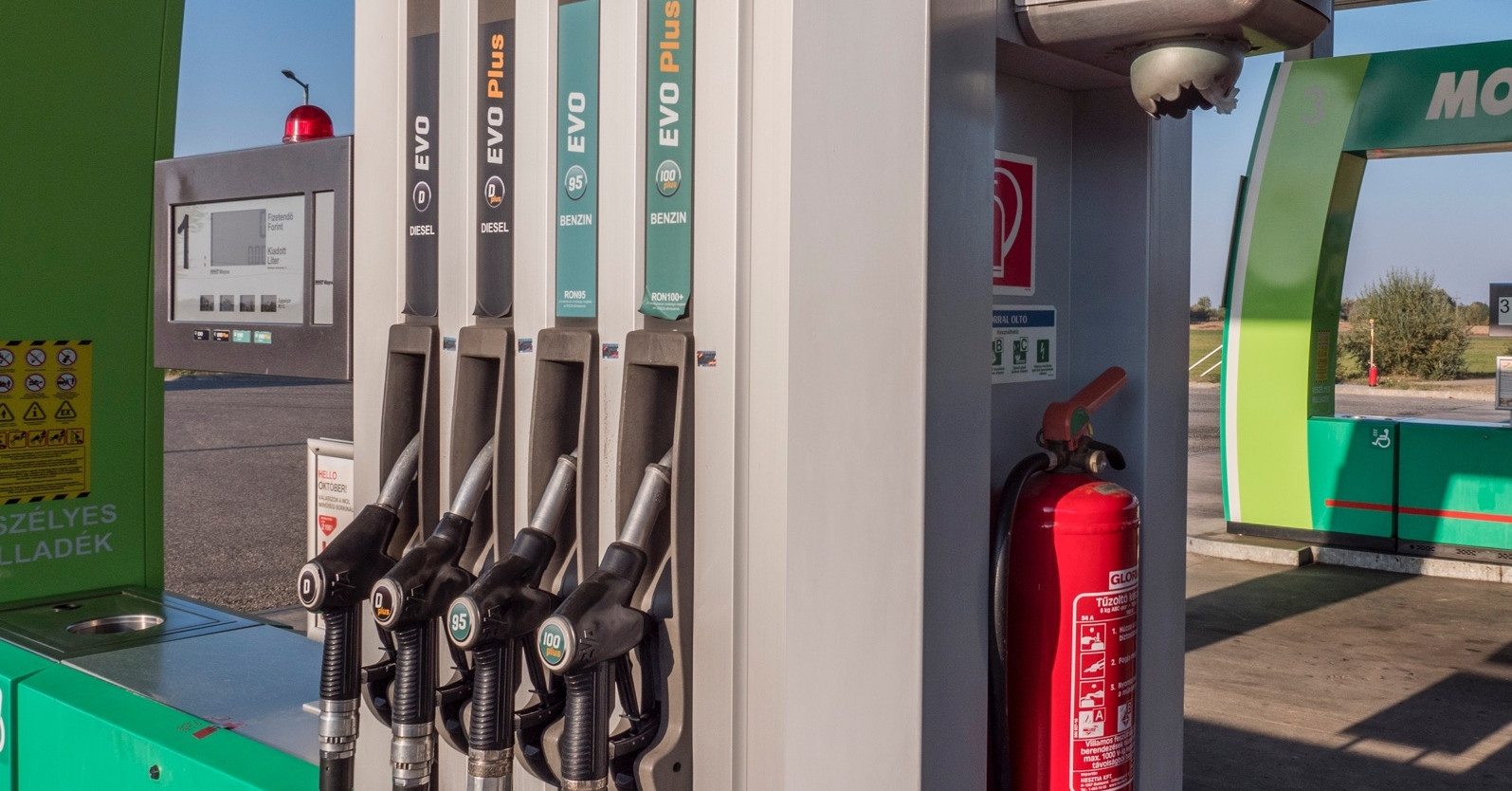Brussels’ sanctions on Russian oil products could cause problems, primarily on the diesel market, Olivér Hortay, the head of Századvég’s energy and climate policy division, said while appearing on Kossuth Radio’s Sunday news program.
Hortay’s comment came after the sanctions came into force on Sunday, prohibiting the sale of fuel made from Russian oil in the European Union.
“The measure could cause problems in the diesel market in particular because the EU does not have sufficient refining capacity. It needs to import 1-1.5 million barrels of diesel a day. More than half of this volume has so far been sourced from Russia,” he said.
The expert said that fuel traders have been trying to build up reserves in recent weeks, with stocks rising from 25-30 days of supply to 40 days, so there should be no supply issues in the coming days or weeks.
However, Hortay said that the long-term situation of the EU diesel market and the extent to which any shortfalls can be replaced remains a question.
Chinese, Indian, and Middle Eastern refineries could replace Russian sources
The EU forecasts that mainly Chinese, Indian, and Middle Eastern refineries will be able to replace Russian sources. Europe can source oil products from farther away and at a higher cost, but he pointed out that Chinese and Indian players in the market buy a significant proportion of Russian crude oil. So the question is, what is the point of the embargo?
Hortay recalled that Hungary was exempted from sanctions on imports of crude oil from Russia that arrive via pipeline.
On the other hand, together with the countries of the region, it has been possible to negotiate that the fuel produced in the refineries exempted in the region can be resold in the proportion of non-Russian crude oil. At the same time, he pointed out that imports are necessary for a sustainable supply of the Hungarian fuel market and that Hungary should not be excluded from the European price flows.
On the other hand, we managed to fight together with the countries of the region so that the fuel produced in the region’s exempted refineries can be resold to the extent that it contains crude oil of non-Russian origin. At the same time, he indicated that imports are necessary for the sustainable supply of the Hungarian fuel market, and therefore Hungary cannot opt out of European exchange rates either.
Hortay also called the EU’s proposal to ban imports of all Russian fossil fuels, including natural gas, and also nuclear fuel “a very serious and absurd proposal.” He said the proposal would have very considerable consequences and could even cause serious problems in the electricity supply.





